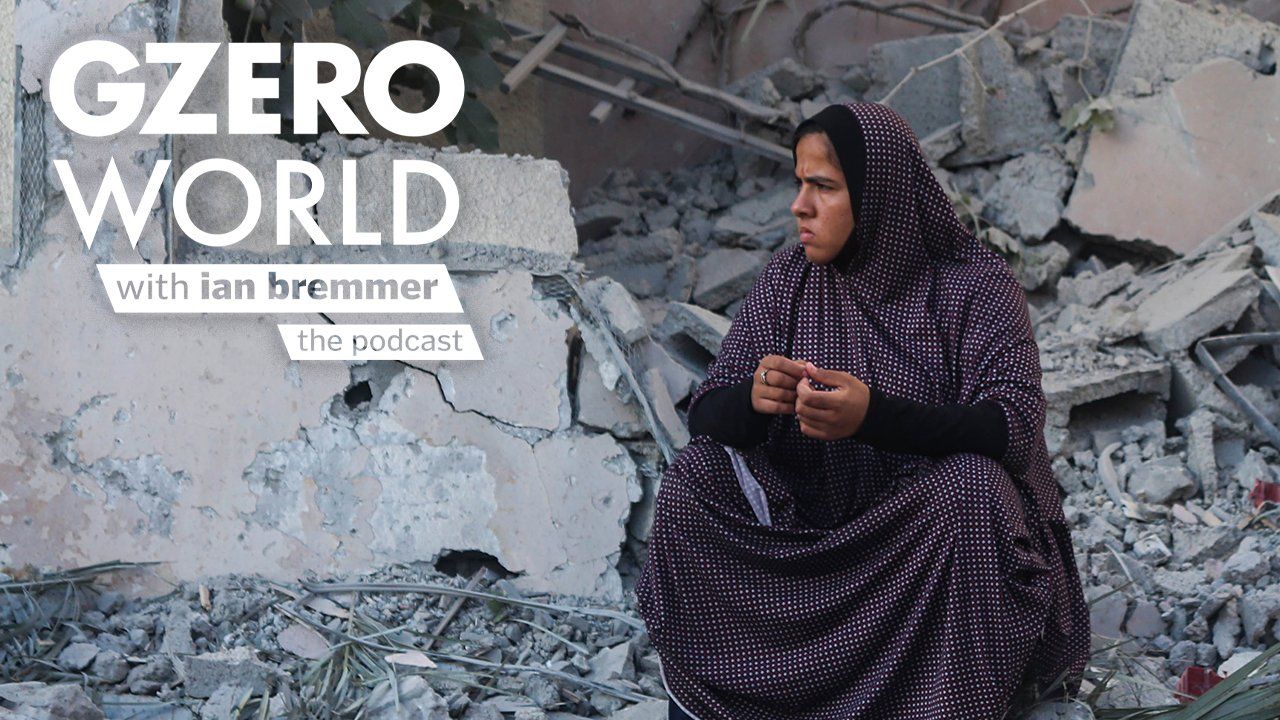On the season premiere of the GZERO World Podcast, Palestinian ambassador to the United Nations Riyad Mansour joins Ian Bremmer to talk about how the war in Gaza might end and what would come next for Palestinians and Israelis alike.
Nine months into the Israel-Hamas war, is peace a possibility? Around 40,000 Palestinians and over a thousand Israelis have died, according to the Israeli army and the Hamas-run Gaza Health Ministry (as always, exact numbers are impossible to verify given limited access to the Gaza strip). According to the UN, sixty percent of Gazan homes—and over eighty percent of commercial buildings and schools—have been destroyed or damaged. The UN also warns that over a million Gazans could face the highest levels of starvation by mid-July if the fighting doesn’t end.
Joining the podcast with the Palestinian perspective is Mansour, the Permanent Observer of Palestine to the United Nations. He’s a Palestinian-American himself (the son of an Ohio steelworker) and says that this moment in the Middle East is the most significant period of transformation in his decades of representing the Palestinian people on the global stage. "There is something in the air. People want justice for the Palestinians. People want this war and this conflict to end. People want the occupation to end because it's good for Israel and it's good for the Palestinians."
Subscribe to the GZERO World Podcast on Apple Podcasts, Spotify, or your preferred podcast platform, to receive new episodes as soon as they're published.